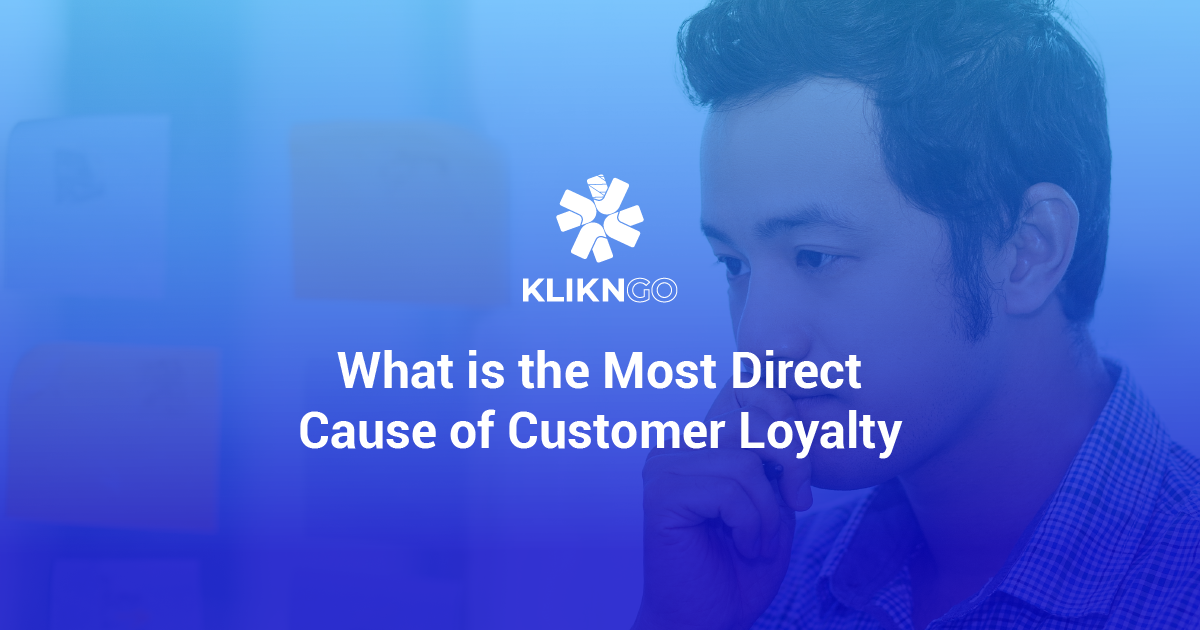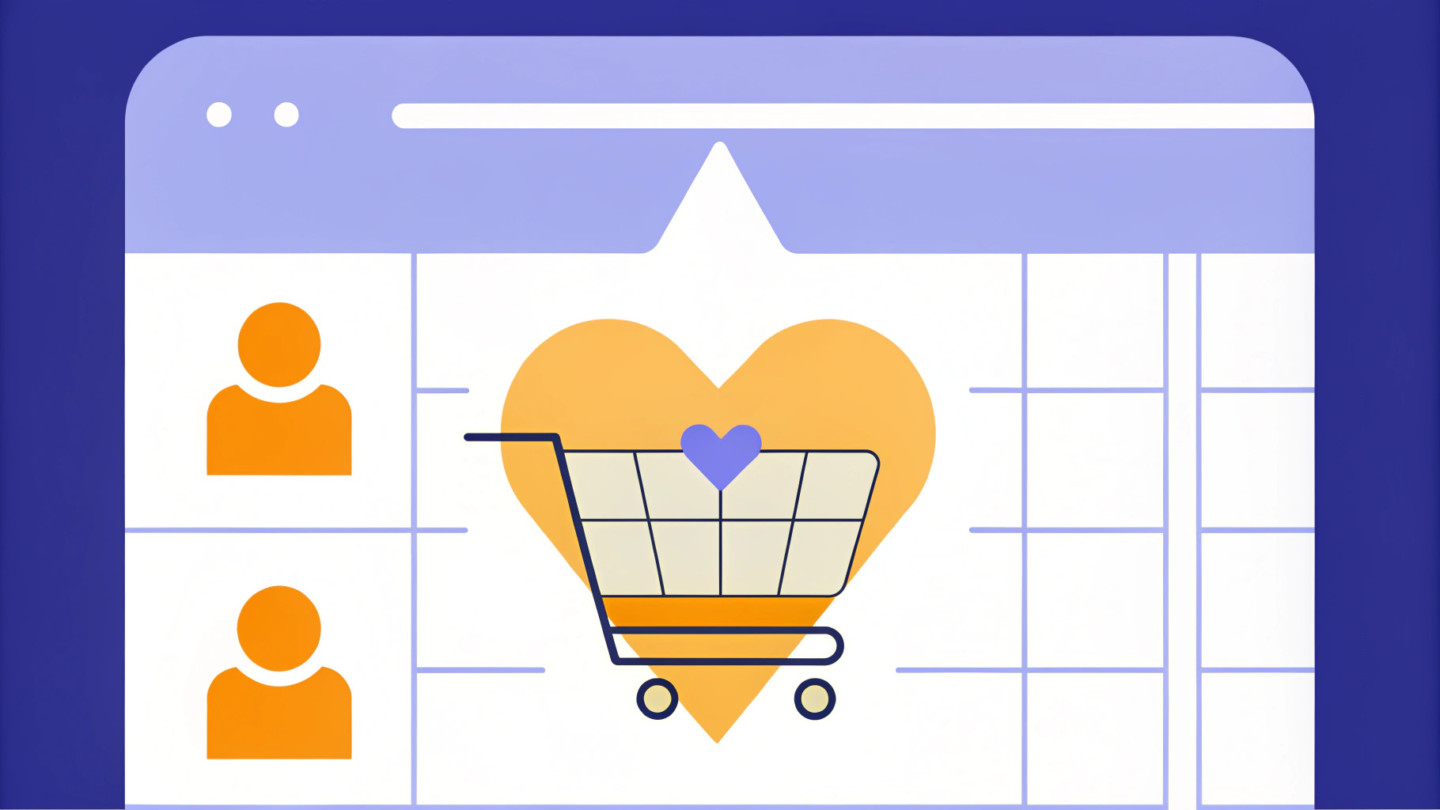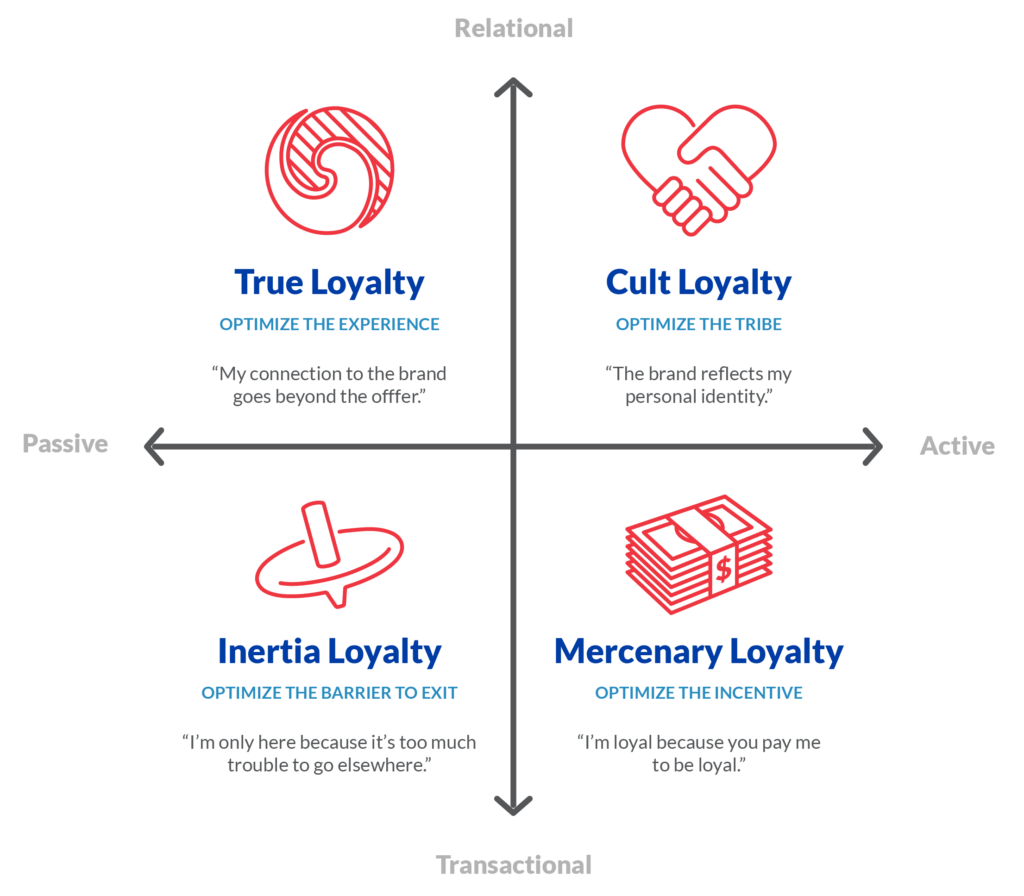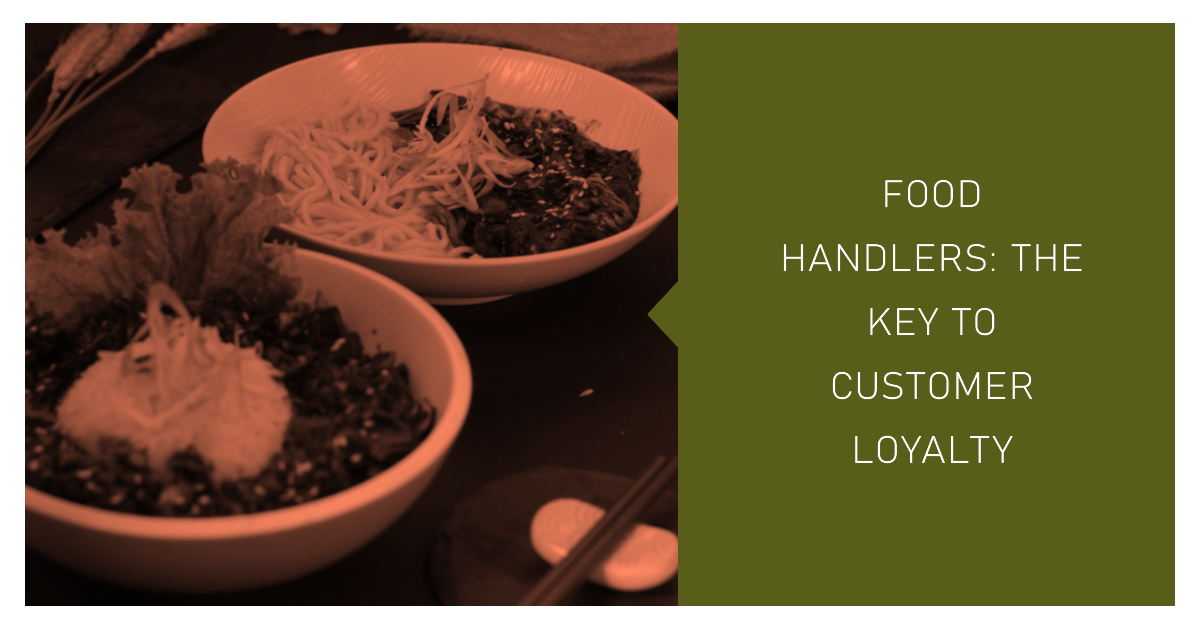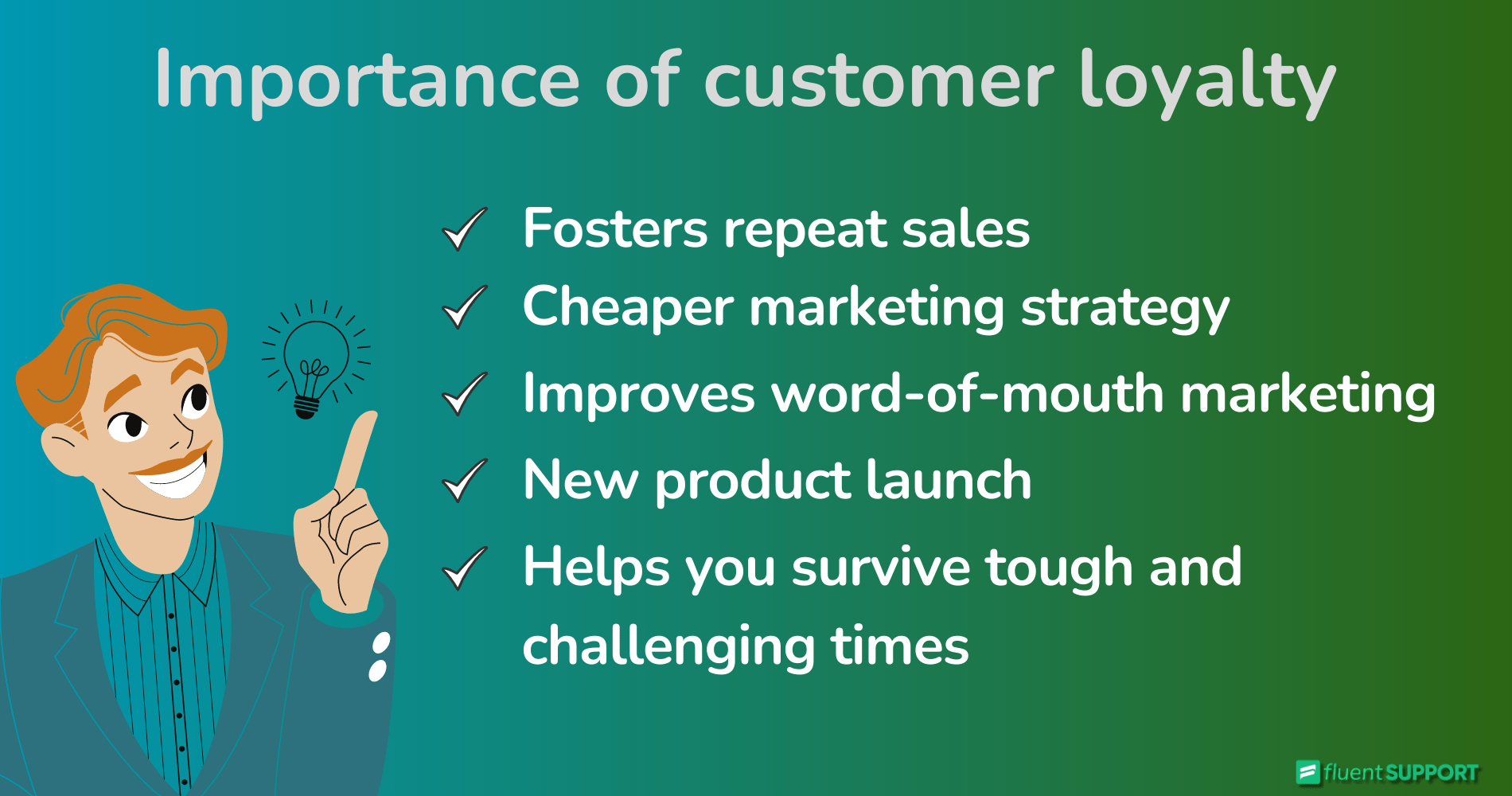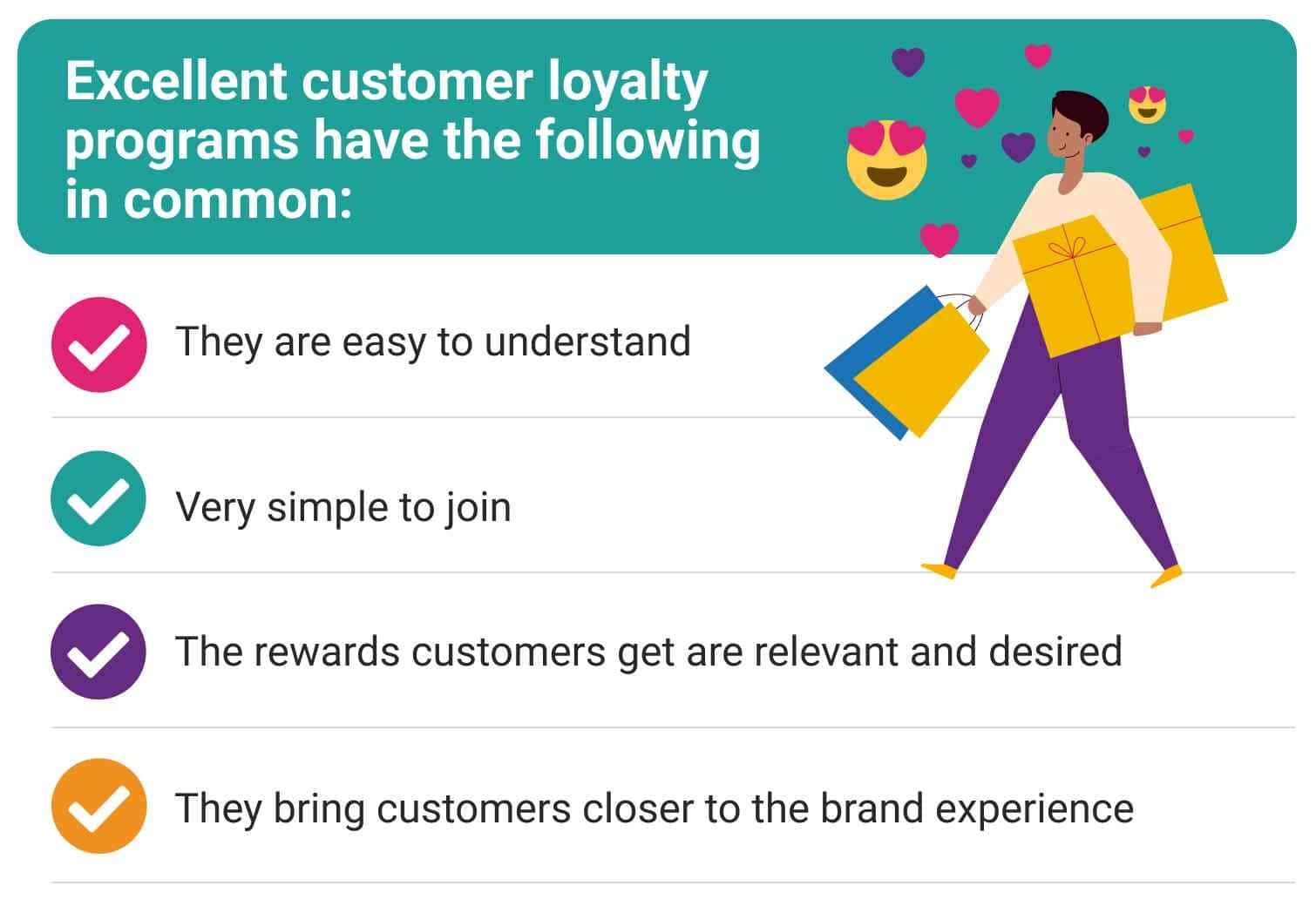What Is The Most Direct Cause Of Customer Loyalty
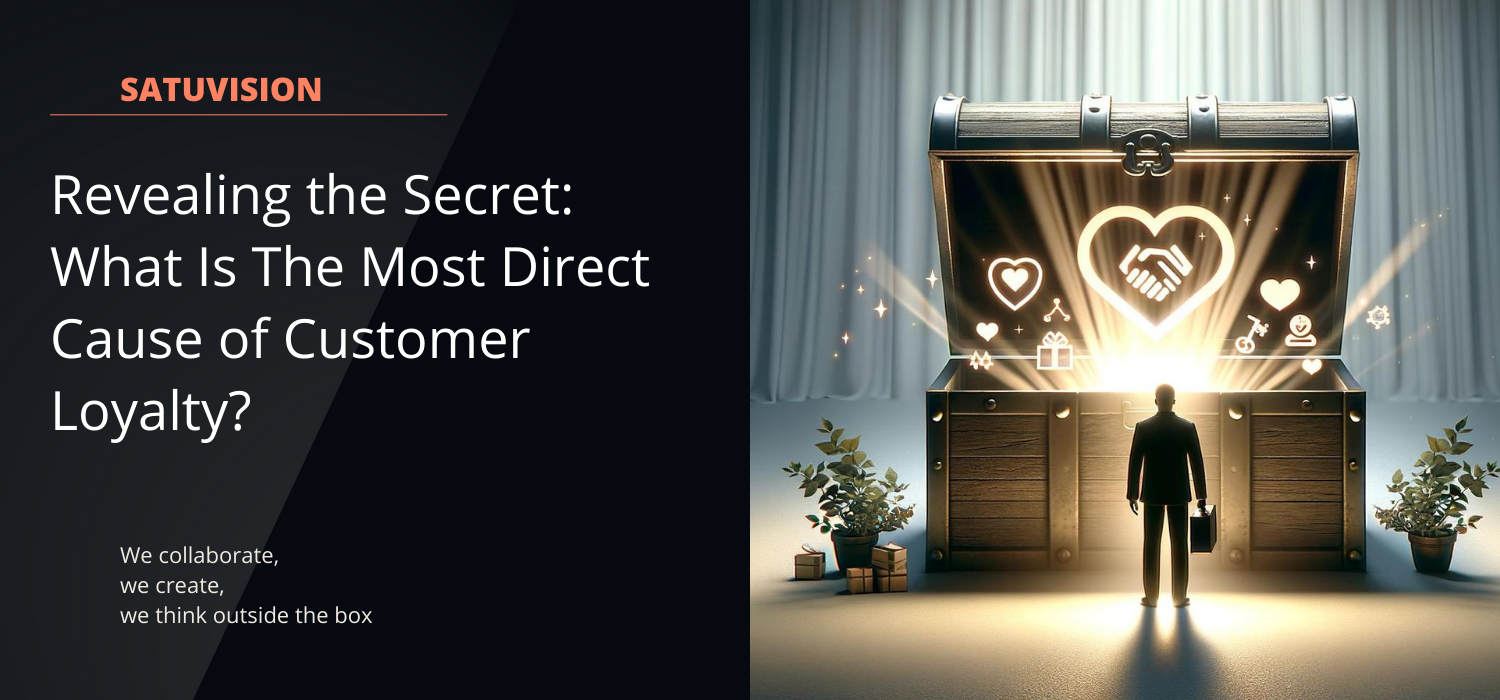
Imagine stepping into your favorite local coffee shop. The aroma of freshly brewed beans dances in the air, a familiar face greets you by name, and they already know your usual order. It’s not just the caffeine fix; it's the feeling of being seen, understood, and valued. This experience, multiplied across countless interactions, hints at the heart of what truly keeps customers coming back for more.
The most direct cause of customer loyalty isn't simply offering the lowest price or the flashiest features. It's cultivating a genuine, positive, and consistent customer experience built on trust and emotional connection. This experience goes beyond mere satisfaction; it creates advocates who champion your brand.
The Foundation: Trust and Consistency
Trust forms the bedrock of any lasting relationship, business or personal. Customers need to believe in your promises and see them consistently fulfilled.
This means delivering on what you say you will, from product quality to service responsiveness. A single lapse in trust can erode years of goodwill, highlighting the importance of unwavering reliability.
According to a report by Edelman, 81% of consumers say trust is a deciding factor in their purchasing decisions. When trust is present, customers are more likely to remain loyal, even in the face of occasional setbacks or competitive offers.
Beyond Transactions: The Power of Emotional Connection
While trust ensures a stable foundation, emotional connection elevates customer loyalty to a whole new level. People are not just rational beings; their emotions heavily influence their choices.
Brands that tap into these emotions create a deeper, more meaningful connection with their customers. This can involve making customers feel valued, understood, and even part of a community.
Consider companies like Patagonia, which champions environmental sustainability. Their commitment resonates deeply with eco-conscious consumers, fostering a powerful emotional bond that extends beyond the products they sell.
Personalization: Making Customers Feel Seen
Personalization is a key tool for building emotional connections. When a business takes the time to understand individual customer needs and preferences, it signals genuine care and attention.
This can involve tailoring product recommendations, offering personalized discounts, or simply remembering a customer's name and past interactions. These small gestures can make a big difference.
A study by McKinsey & Company found that personalization can deliver five to eight times the ROI on marketing spend. Moreover, it can lift sales by 10% or more, demonstrating its direct impact on customer loyalty.
Empathetic Communication: Understanding and Responding
Empathetic communication is another crucial element in building emotional connections. This means listening actively to customer concerns, understanding their perspectives, and responding with genuine care and understanding.
It's about acknowledging their frustrations, offering sincere apologies when things go wrong, and going the extra mile to resolve their issues. This shows customers that their feelings matter.
Zappos, known for its exceptional customer service, has built its reputation on empathetic communication. Their representatives are empowered to handle customer issues with compassion and creativity, often exceeding expectations to ensure customer satisfaction.
The Customer Experience Ecosystem
Customer loyalty isn't built in isolation; it's cultivated across every touchpoint in the customer journey. From initial awareness to post-purchase support, each interaction plays a role in shaping the overall experience.
This means that every employee, from the CEO to the frontline staff, must be committed to delivering a positive and consistent experience. A single negative interaction can undo countless positive ones.
"Customer service shouldn't just be a department, it should be the entire company." - Tony Hsieh, former CEO of Zappos.
Investing in employee training, empowering them to make decisions, and fostering a customer-centric culture are essential steps in building a loyal customer base. Happy employees create happy customers.
The Role of Technology
Technology plays an increasingly important role in shaping the customer experience. From CRM systems to chatbots, businesses have a wide range of tools at their disposal to enhance interactions and personalize communication.
However, technology should be used to augment, not replace, human interaction. Customers still value the personal touch, especially when dealing with complex issues or seeking emotional support.
The key is to strike a balance between efficiency and personalization, leveraging technology to streamline processes while maintaining a human-centered approach.
Measuring and Improving Customer Loyalty
Customer loyalty is not a static concept; it's a dynamic process that requires ongoing monitoring and improvement. Businesses need to actively measure customer sentiment and identify areas for improvement.
This can involve using tools like Net Promoter Score (NPS) surveys, customer satisfaction surveys, and social media monitoring to gather feedback and track trends. The data gathered provides opportunities for continuous improvement.
Analyzing this feedback and using it to make data-driven decisions is crucial for sustaining customer loyalty over the long term. Remember that customer expectations are constantly evolving, so businesses need to stay agile and adapt to changing needs.
A Lasting Bond
Customer loyalty is more than just repeat business; it's a powerful force that drives growth, builds brand advocacy, and creates a sustainable competitive advantage. It's about forging a lasting bond with your customers.
By prioritizing trust, emotional connection, and a consistent customer experience, businesses can transform customers into loyal advocates. These advocates will champion the brand to their family, friend, and social networks.
Ultimately, the most direct cause of customer loyalty is creating an environment where customers feel valued, respected, and genuinely cared for. When customers feel this, the returns are immeasurable, and your organization will flourish.

